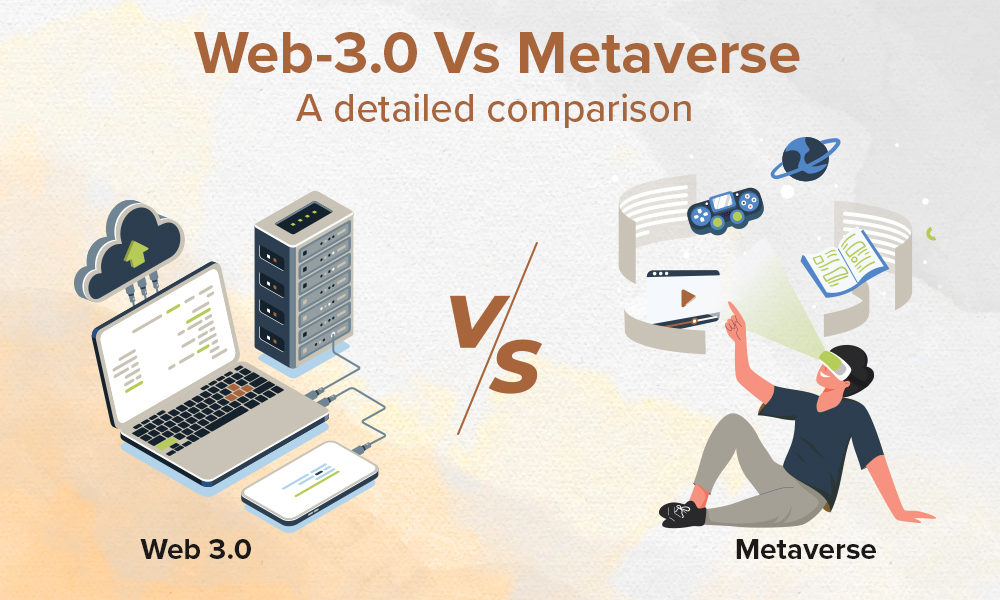Remittance pay market plays a significant role in the economic growth of billions of people around the world, especially in developing countries. According to a report by the World Bank, the total value of global digital remittance industry reached $613 billion in 2017.
Despite the encouraging trend and big banks and institutions focusing on remittance services, people still face challenges in sending money to their loved ones in another country.
Some of the prominent issues the industry is facing:
- High fees
- Slow money transfers
- Risk of fraud
- Lack of transparency and traceability
- Multiple intermediaries
The problems tend to swell in Africa, which is considered as one of the most well-known markets for the remittance pay industry. In fact, the cost to send remittances to, from and within Southern Africa are among the highest in the world.
Blockchain is emerging as a fast, transparent, and cost-efficient solution to boost the remittance pay market. The technology has the potential to solve major problems, including high fees, lack of transparency, while maintaining the required security standards. Moreover, the immutable nature of blockchain makes it difficult for hackers to modify the transaction data, which nearly abolishes the chance of frauds.
Read in detail how blockchain can boost cross-border remittance and offer people with a cost-efficient and secure solution to transfer money.



.jpg)
